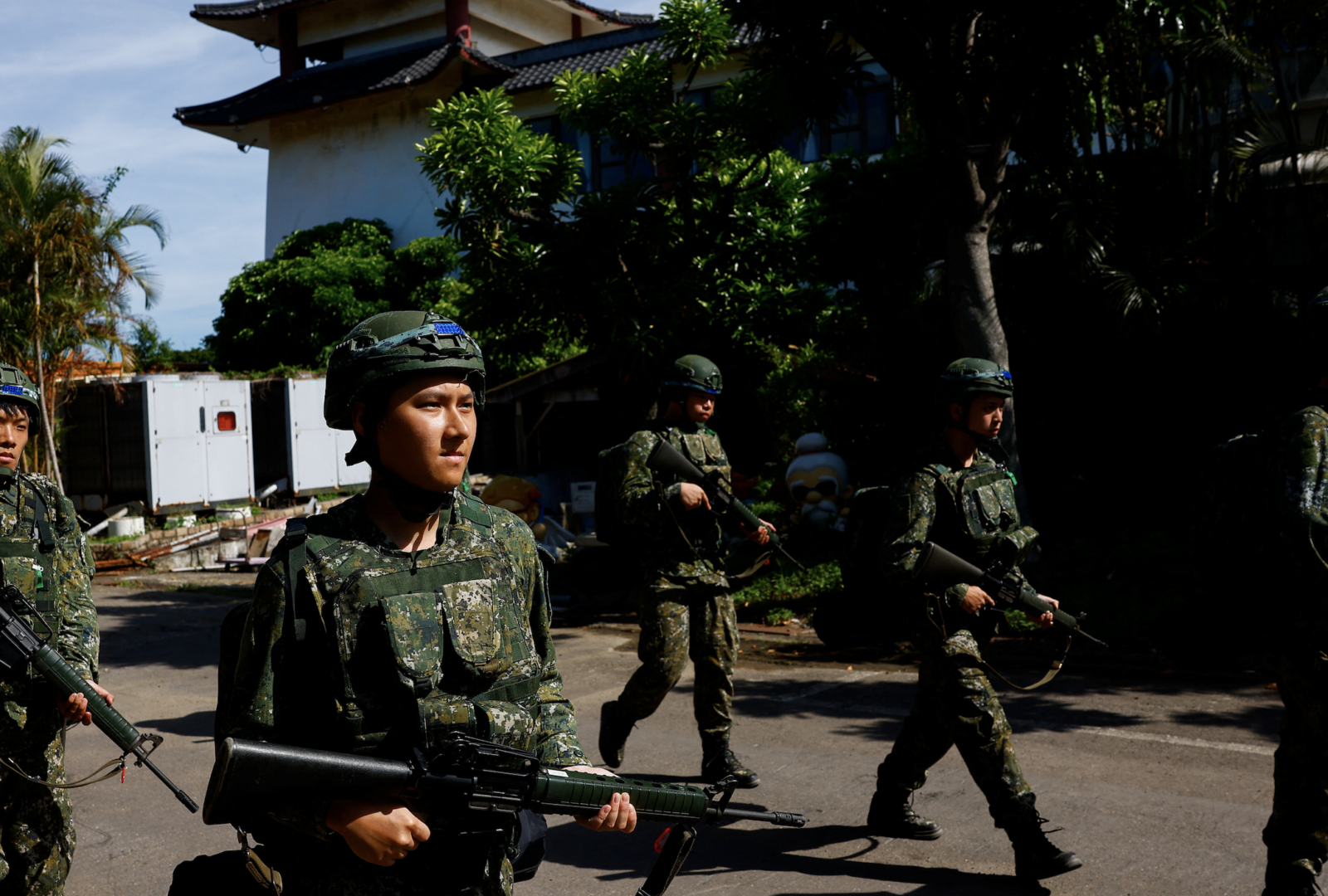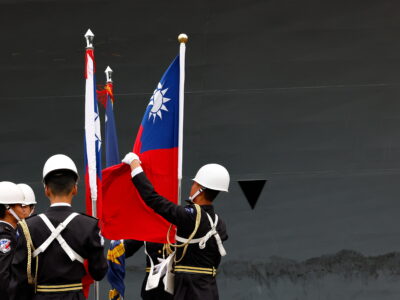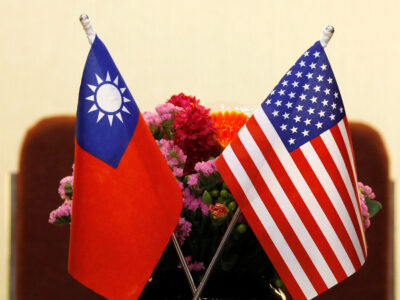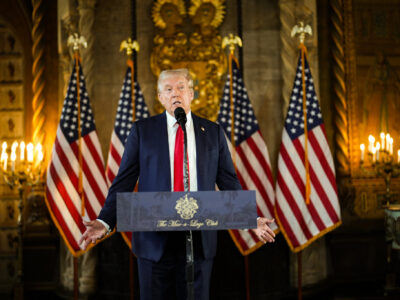Heading Toward War? Reevaluating Taiwan’s Status Quo
The U.S. government often asserts the need to maintain the long-standing status quo with China regarding Taiwan, presumably centered on understandings reached between Washington and Beijing at the time of their normalization. To sustain this status quo, both China and the U.S. regularly repeat their basic Taiwan policies: for China, an emphasis on peaceful unification and opposition to Taiwan independence; for the U.S., the One China policy and opposition to any unilateral moves by either Beijing or Taipei toward unification or independence.
Meanwhile, a growing number of observers argue that the Taiwan status quo is severely eroding or no longer exists. To support this view, they point, among other things, to basic changes in the views of Taiwan’s populace regarding unification, increased Chinese military threats to the island, the violation of Beijing’s “one country, two systems” formula in Hong Kong, and various U.S. statements and actions that supposedly contravene basic tenets of the One China policy.
What is the “status quo” over Taiwan, and is it in fact stable or eroding? What are the major underlying forces that will determine whether the Taiwan situation moves toward conflict or stability? What needs to be done to reinforce and sustain the latter outcome?
To discuss these complex questions and other related issues, the Quincy Institute hosted a webinar with Paul Heer, Nonresident Senior Fellow at the Chicago Council on Global Affairs, and Shelley Rigger, the Brown Professor of Asian Studies at Davidson College. Michael Swaine, Senior Research Fellow at the Quincy Institute, moderated.
Program
Entities
Panelists

Paul Heer
Paul Heer is a Nonresident Senior Fellow for the Lester Crown Center on US Foreign Policy at the Chicago Council on Global Affairs. Heer served for 30 years as a specialist on East Asian affairs in the US intelligence community. He served on the staff of the President's daily brief and as a member of the senior analytic service at the Central Intelligence Agency prior to becoming the national intelligence officer for East Asia, a position he held from 2007 to 2015. His book, "Mr. X and the Pacific: George Kennan and American Policy in East Asia", was published in 2018.
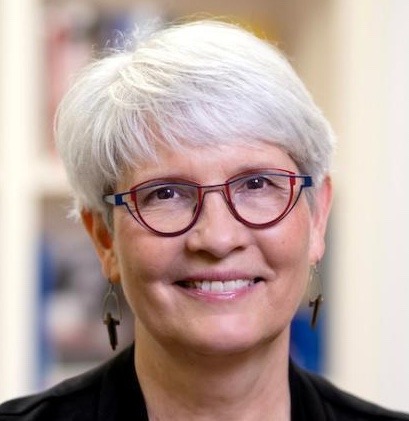
Shelley Rigger
Shelley Rigger is the Brown Professor of East Asian Politics at Davidson College. She has been a visiting researcher at National Chengchi University in Taiwan (2005) and a visiting professor at Fudan University (2006) and Shanghai Jiaotong University (2013 & 2015). She is a non-resident fellow of the China Policy Institute at Nottingham University and a senior fellow of the Foreign Policy Research Institute (FPRI). Shelley has written several books on Taiwan, including "The Tiger Leading the Dragon: How Taiwan Propelled China’s Economic Rise" (2021), and "Why Taiwan Matters: Small Island, Global Powerhouse" (2011).

Michael Swaine
Michael D. Swaine, a Senior Research Fellow at the Quincy Institute’s East Asia program, is one of the most prominent American scholars of Chinese security studies. He comes to QI from the Carnegie Endowment for International Peace, where he worked for nearly twenty years as a senior fellow specializing in Chinese defense and foreign policy, U.S.-China relations, and East Asian international relations. Prior to that, he was a Senior Political Scientist at the RAND Corporation for over twelve years. Swaine has authored and edited more than a dozen books and monographs and many articles, papers and opinion pieces, including Interpreting China’s Grand Strategy, Past, Present, and Future, with Ashley Tellis, (2000); Managing Sino-American Crises: Case Studies and Analysis, with Zhang Tuosheng (eds) (2006); America’s Challenge: Engaging a Rising China in the Twenty-First Century (2011); and "A Restraint Approach to U.S.-China Relations: Reversing the Slide Toward Crisis and Conflict" (2023), with Andrew Bacevich.

